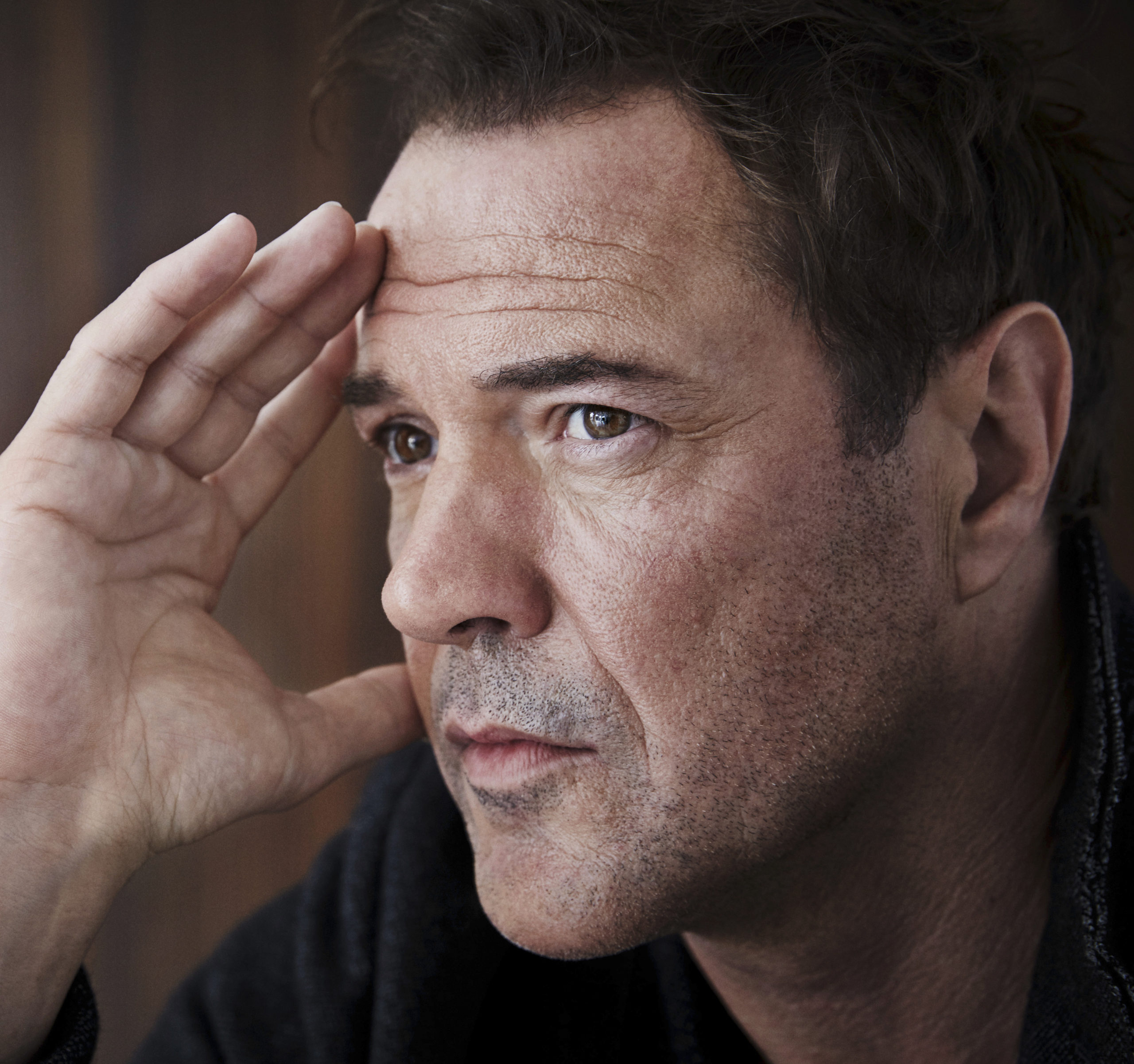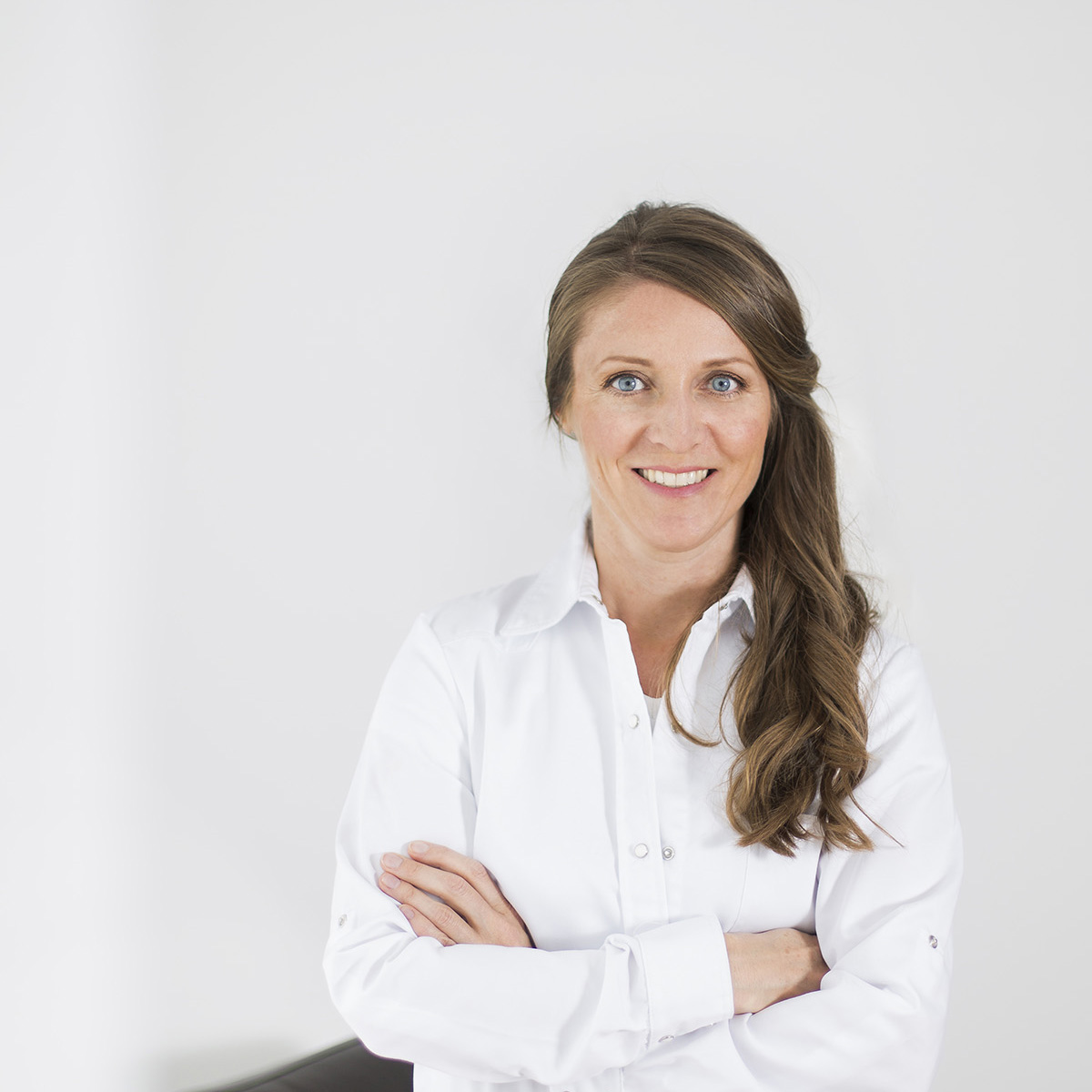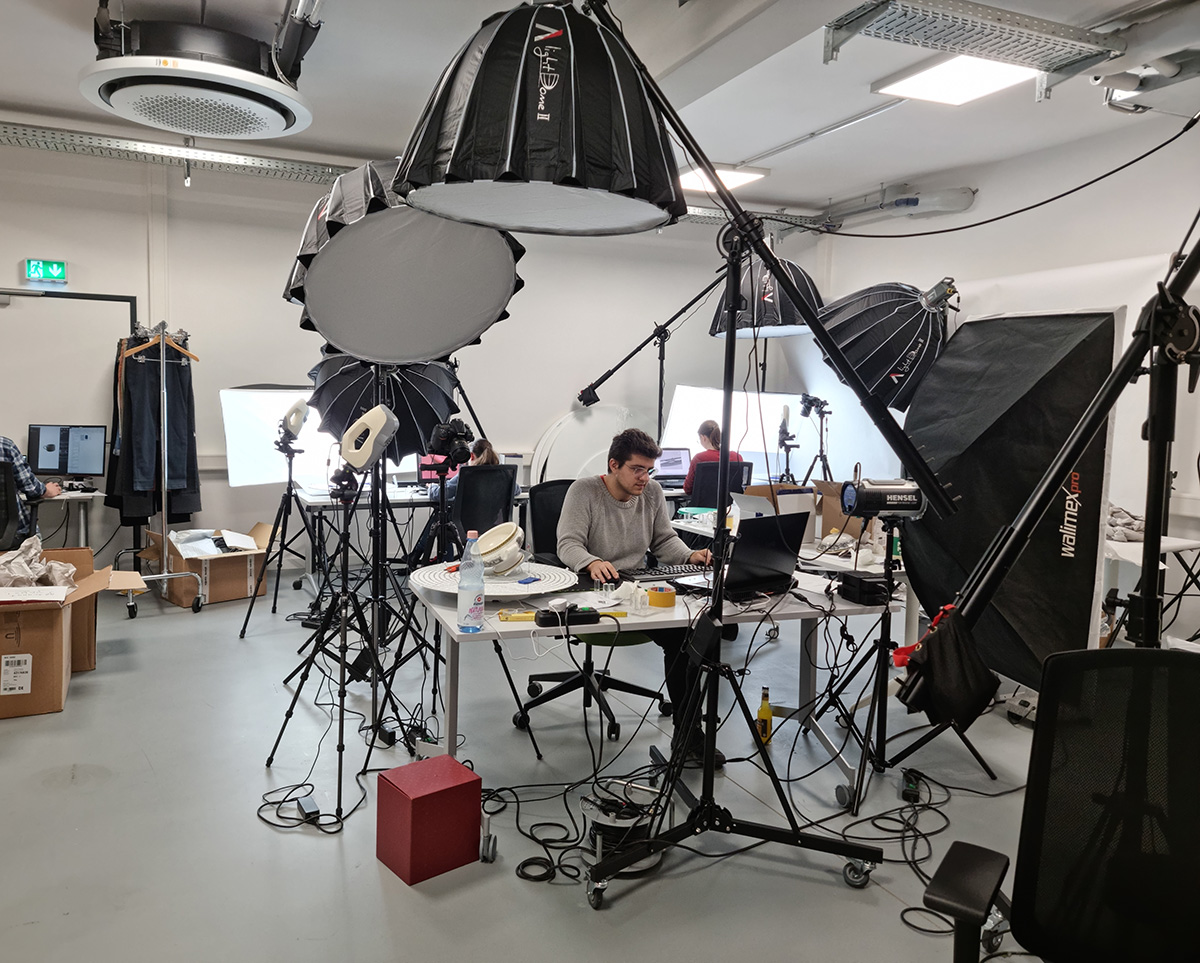Sebastian Koch – Acting on his own approach

Sebastian Koch has been on our cinema and television screens for 30 years. He has flexed his acting muscles in big budget Hollywood movies, as well as tiny independent productions and, through his unconventional choice of roles, has established himself as a versatile performer in every genre. Ahead of the release of two new films, Au nom de ma fille and Fog in August, Discover Germany spoke to Koch about his life in acting, freedom in the arts and of course his hometown of 27 years, Berlin.
When the movie The Lives of Others won the Oscar for best Foreign Language Film, Sebastian Koch was right there in the auditorium. “It was a terrific moment. We were seeing a retrospective clip, looking back at past winners and all of a sudden there we were, a part of film history.” Even ten years later, the regularity with which people talk about the movie and specific scenes in it, reminds Koch about the unique emotional impact that a well-told story can have on individuals and on the general public.
Growing up, he was not necessarily aware of such an impact. Born in 1962, he was raised by his single mother in Stuttgart. She was working at a children’s home and for six years the two of them lived at her workplace. “In the other children I found both playmates and a family,” says Koch. When his mother stopped working at the home and they moved, this family went away. Though, in his early teens, he developed a serious interest in becoming a professional musician, this path was not meant to stick. In fact, it was vaporised by the fundamental experience that was his discovery of theatre.
Transformed by plays
Koch was around 16 years old when he sat in the audience of the theatre in Stuttgart and his life changed. The theatre was led by director Claus Peymann and the energy and content that was put on stage, made a huge impression on the young visitor. “I couldn’t believe it. I felt like these plays were speaking directly to myself. Suddenly, in Shakespeare and many others, I found inspiration for my life.”
Next to the content, it was the artificial nature of the theatre world and the artistic group in it that transformed him. Immediately Koch’s perception of himself changed and it was clear to him that he wanted to be a part of it. His decision was completely free of doubt. “I never thought about it as a career or in monetary terms. I knew, that I could always earn a living somehow, but I fell in love with the independence of acting and the freedom it gave me.”
In order to pursue it, Koch went on to train to a drama school in Munich. “School gives you a technique and craft. The second part is learning by doing. Back then we were doing 26 performances a month, which was incredible.” Between 1986 and 1993, Koch first acted on stage in Darmstadt and later in Berlin. He was part of productions of Schnitzler, Buchner, Ibsen, Schiller and Goethe and through those plays he grew not only as an actor, but as a collaborator. “Theatre and the acting companies became kind of my substitute family.”
Freedom and choice
In making decisions, Koch follows a clear approach. “The most important aspect is to make free decisions, which might be unpopular but are the right choice for me as a person.” In that regard, Koch values his freedom more than everything else, which is why he consciously chose to leave the stage in the mid-’90s even though theatre was his great passion. “It is crucial with whom you work that you keep your freedom. Theatre was changing and I felt, that leaving was the right choice to preserve my freedom. Also, to say no to something means to say yes to something else.”
The latter was the world of moving pictures, of cameras and screens. A different world, but though the medium changed, Koch still consulted his intuitive sense of right and wrong when it came to choosing a project. “Can I do that? Does it fit me? Is it innovative? Is it different from what I’ve done before? You have to risk something and also be ready to fail. Especially in Germany, people like to pigeonhole you. I have no interest in playing the same part over and over again,” explains Koch.
Au nom de ma fille and Fog in August
In October, audiences have the chance to see Koch in two new movies. Au nom de ma fille is a French production starring Daniel Auteuil with whom Koch “wanted to work with for a while”. Based on a true story, the film tells the story of Andre Bamberski (Auteuil), who, for 27 years, investigated the disturbing circumstances of his daughter’s death in order to find justice and peace.
Fog in August also deals with a true account, as the story follows Ernst Lossa, who was regarded as a difficult child and put in a mental institution (Koch plays its head Dr. Veithausen) in 1940s Germany. The subject matter is intense, portraying the gruesome reality of the Nazi euthanasia programme.
While he plays the antagonist in both movies, the two roles could not be more different. Both are very intriguing, because “bad people don’t think that they are doing something evil. Also, at the time where the stories take place, no one understood them.” How does Sebastian Koch understand them? “You have to acquire their pattern of thought, make their thoughts tangible and find a translation for the patterns. For that reason, you first gather information and arrange it like a collage. Then the collage has to be sorted and understood.”
Artistic freedom in Berlin
Since The Lives of Others, Koch has been working much more internationally. He likes the challenge of acting in a different language and the transformation attached to it. He loved working with Steven Spielberg on Bridge of Spies, because “despite such a big production, he created a wonderful intimate atmosphere which allows to forge new paths together. Although there is scope for individual ideas, of course there must be a unity in the approach”. In 2015, he was also part of the ensemble for the television series Homeland, which shot most of its fifth season in and around Berlin. Koch has been living in the city for 27 years and observed its developments closely. “It always was a particular city, but in my opinion it really changed when Christo and his wife wrapped the Reichstag. That was a turning point and made a palpable difference in opening the city up to the world.”
The artistry involved in Christo’s project defines aspects, which cut to the heart of Koch’s own understanding of art. “Art is free and therefore it has strength. Everything is important. The big must be in the small and vice versa.” Maybe that is why we can relate to Koch and the characters he plays. As he portrays them, we can see them in a specific and a broader context and we can find them on the screen and in ourselves, as well.
Subscribe to Our Newsletter
Receive our monthly newsletter by email




